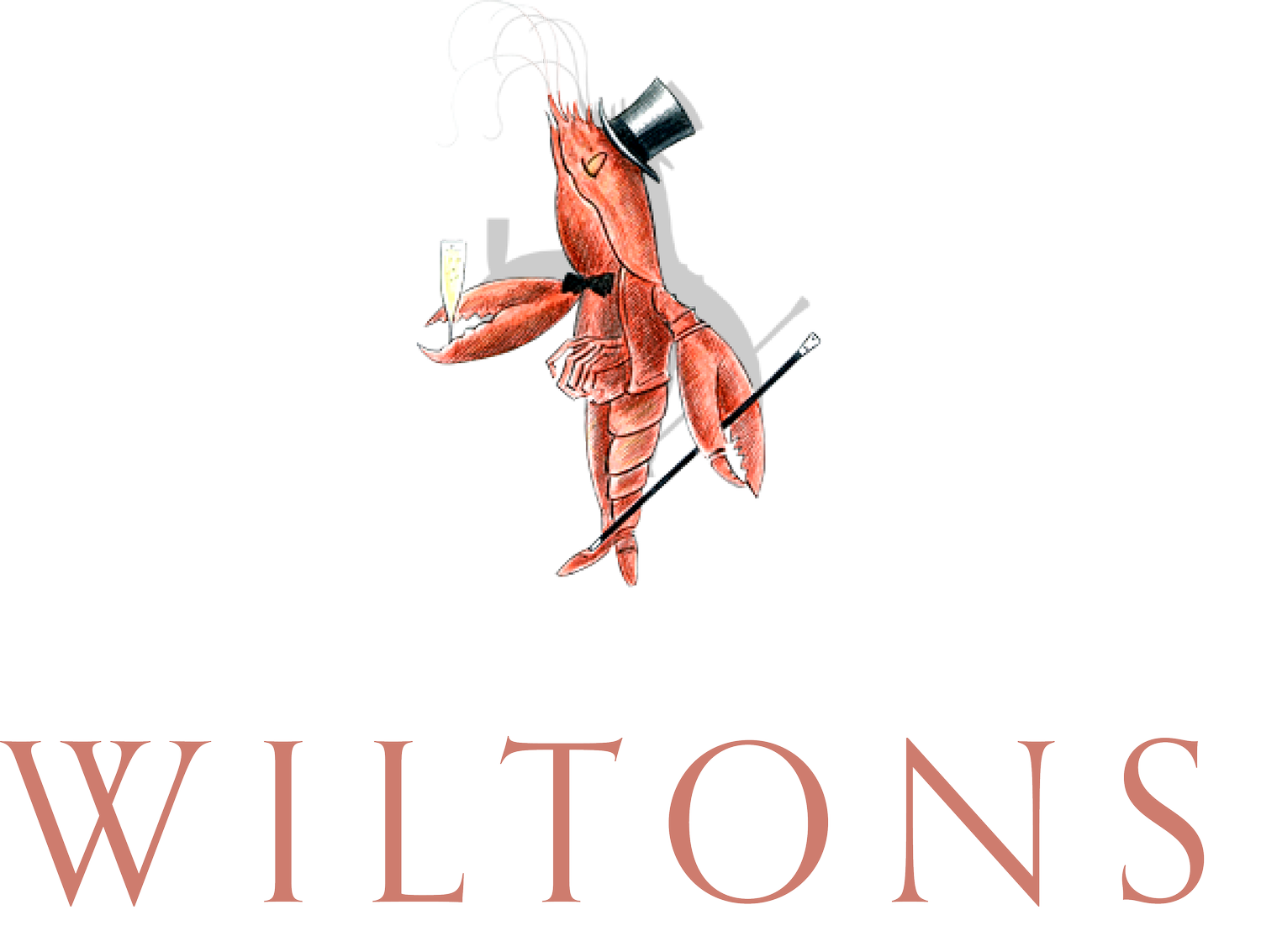The History of Wiltons
Wiltons restaurant is known for its unwavering commitment to sourcing the finest British produce season to season. It is most known for its oysters which one would expect as George William Wilton first opened his shellfish mongers close to Haymarket in 1742.
In the late 18th century, Haymarket was a thriving market that sold hay and straw for the horses and livestock of London. This lively market attracted traders offering a great variety of wares including matches, buttons, songbirds, ballads, hot eels, sheep’s trotters and mulled wine.
The oyster barrow was a great success, so much so that the business was now operating out of a fixed premises and, after devoting 28 years of his life to serving, he passed the business on to his son Francis Charles Wilton who passed the ownership to his nephew William Nichol Wilton in 1805 changing the name of the Oyster Rooms to Wiltons Shellfish Mongers and Oyster Rooms.
Under William’s watchful eye the business grew and by his death in 1824 it was time to move to new premises. His wife Frances moved the Oyster Rooms to Little King Street, then Great Ryder Street and finally Kings Street.
By now Frances’s son, Mr Robert Thomas Wilton, had taken over the Oyster Rooms and in 1840 secured an alcohol licence to sell wine and beer on the premises thus making it a fully-fledged restaurant.
Wiltons was now hugely respected and by 1868, it had received a Royal Warrant for Purveyor of oysters to Queen Victoria and also to the Prince of Wales who was a loyal customer.
In 1886 the then owner, Mr Frank Wilton (who was Robert’s second son) died childless and so for the first time the restaurant left the Wilton family. Mr David Edwin Winder bought Wiltons Oyster Rooms in 1889 and moved to larger premises in Duke Street. In 1913 Wiltons moved back to Kings Street and in 1930 a Mrs Bessie Leal acquired the licence. Mrs Bessie Leal ran the restaurant with her two female associates and it continued to remain as popular as ever.
The stress of living in London during the Second World War prompted the then owner, Mrs Bessie Leal to sell the restaurant. One evening in 1942, Mrs Bessie Leal was talking to one of her regular customers, Mr Olaf Hambro, who was dining alone at the bar.
As story has it, Mrs Bessie Leal approached Mr Olaf Hambro proclaiming that she no longer wished to live in London during the War and wished to sell Wiltons.
She asked Mr Olaf Hambro if he knew of anybody who would be in a position to purchase the restaurant, to which he calmly replied that ‘he did not know of anybody other than himself’! A somewhat surprised and relieved Mrs Bessie Leal enquired at the end of his meal how he wished to proceed to which he replied, “put the restaurant at the end of the bill!” and she did just that! The following day she packed her bags and left for Cornwall, never to return to her beloved restaurant.
Having not run a restaurant himself, Mr Olaf Hambro knew exactly what to do and approached Mr Jimmy Marks who was the Oysterman at Bucks Club, inviting him to join his new venture. Within a week Mr Jimmy Marks was behind the counter at Wiltons supported by his wife and son Peter.
In 1964 the restaurant moved to Bury Street and after exactly 20 years it moved to Jermyn Street in 1984. There can be no doubt that Mr Jimmy Marks contributed to making Wiltons the world-famous institution it is today. The canny, entertaining and shrewd Mr Jimmy Marks knew exactly how to keep his customers happy and, when needed, in line! He knew his clientele were English aristocrats and foreign dignitaries and, having been raised in part by their nannies, would feel more comfortable if the waitresses were dressed as such!
Requested by Mr Jimmy Marks to treat the customers with a brisk sense of authority these ‘nannies’, in time, gained a fierce reputation; one reputedly even informing a guest ‘I’m not clearing these plates until you’ve finished your greens’…and she didn’t! It was a conscious attempt to introduce memories of the nursery into a club-like atmosphere, thus combining two great institutions in an Englishman’s life.
In his latter years Mr Jimmy Marks would rarely stand when a guest arrived, even in the case of royalty and high-ranking politicians, and it was considered a great compliment and achievement if you made it to one of the top tables.


